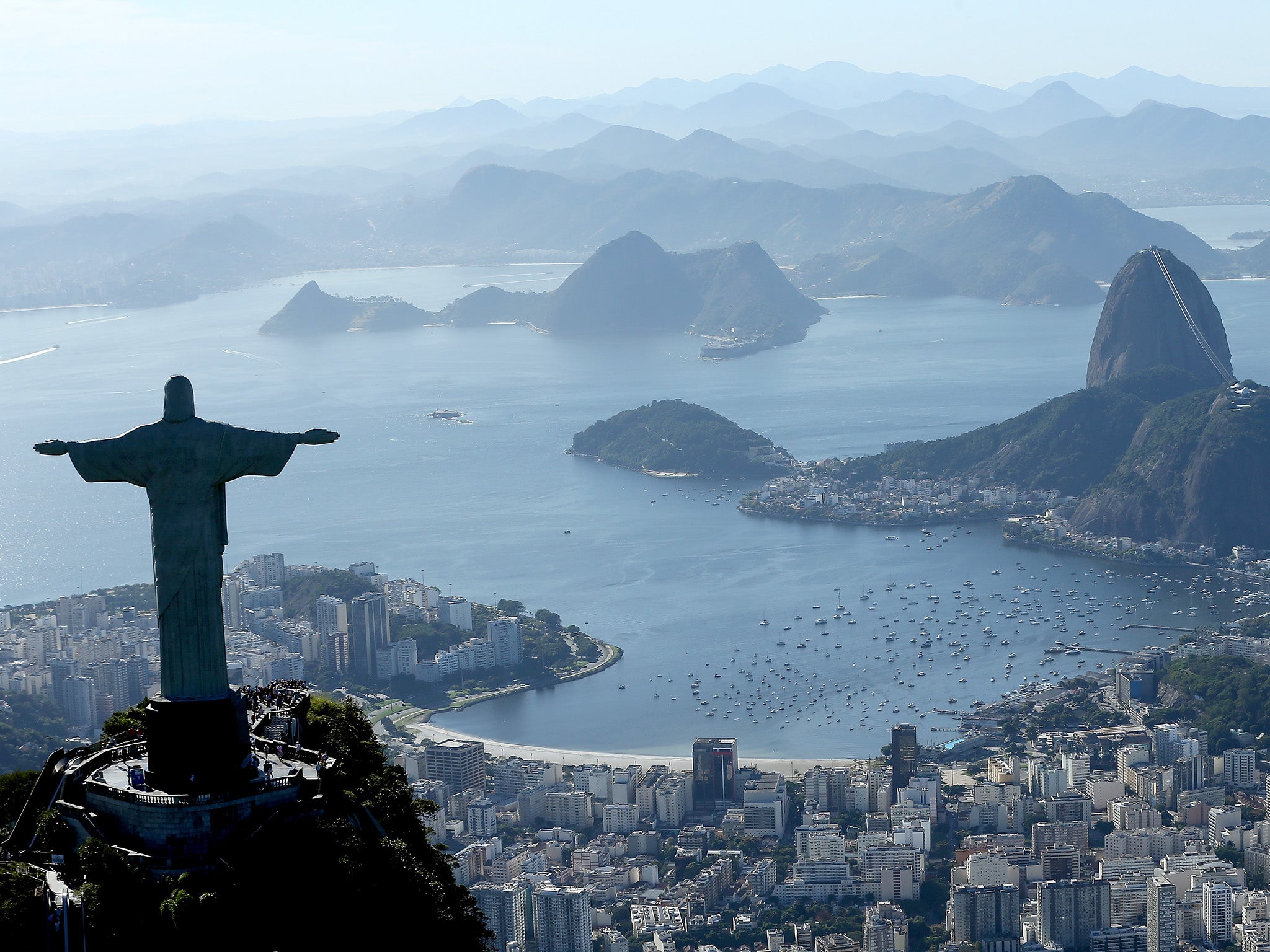Brazil, once the darling of the emerging economies, faces a long road to stability
President Temer needs luck and the support of a people who at least appreciate the scale of the changes facing their nation

Your support helps us to tell the story
From reproductive rights to climate change to Big Tech, The Independent is on the ground when the story is developing. Whether it's investigating the financials of Elon Musk's pro-Trump PAC or producing our latest documentary, 'The A Word', which shines a light on the American women fighting for reproductive rights, we know how important it is to parse out the facts from the messaging.
At such a critical moment in US history, we need reporters on the ground. Your donation allows us to keep sending journalists to speak to both sides of the story.
The Independent is trusted by Americans across the entire political spectrum. And unlike many other quality news outlets, we choose not to lock Americans out of our reporting and analysis with paywalls. We believe quality journalism should be available to everyone, paid for by those who can afford it.
Your support makes all the difference.What has happened to the vibrant emerging economy that put the ‘B’ into BRICS? Once one of the fastest growing and most attractive of markets for overseas investors, full of promise and potential, Brazil seems now unable to host the Rio Olympics, combat the Zika virus or even to govern itself.
While the hype of the 2000s may have been overdone, and some of today’s gloom may be contrived, it has been quite a switchback – one of the most violent downturns in global economic history.
Of course the deepest recession in many decades has not been caused by the current political crisis, but it has not helped.
The temporary fix now secured – the appointment of an interim president to serve during the impeachment proceedings against President Rousseff, who has been suspended by the Senate – has done little to provide stability.
The uncertainty about Brazil’s future direction will probably drag on, another wasted opportunity to repair the economy and start to reduce the vast inequalities in wealth that have long scarred Brazilian society.
So the world must hope for the best from interim President Temer. For most of the past decade and a half, and especially during the Great Recession, the BRICs provided the bulk (and sometimes the sole part) of global economic growth. Often seen as more threat than opportunity, Brazil, Russia, India and China have, for different reasons, all stumbled in recent years, with only India now displaying anything like its former robustness.
Inflation, unemployment and broken public finances are the principal problems of Brazil, exacerbated by political instabilities and corruption but fundamentally the result of unbalanced growth and an over reliance eon natural resources – a sector, once booming, now stagnant or worse.
Thus some of the problems facing Brazil are beyond the control of any government. What they can begin to restore is faith in the nation’s public finances – though as the west has found balancing that with supporting growth is a difficult exercise.
As in the rest of the world, too, monetary policy can be used to underpin an economy facing strain as taxes rise, public spending is cut and deficits reduced. In Brazil’s case, a recent moderation in inflation provides some opportunity for the central bank to print money and cut interest rates.
President Temer has made his priorities clear: a George Osborne style assault on public spending, especially on social security. He may not get his way. The majority of public spending in Brazil is protected by law and can only be amended by Congress, which virtually guarantees stasis.
Civil unrest in the middle of a symbolically important Summer Olympics is more likely than a serious attempt to deal with Brazil’s public debt. Perhaps that is not all bad, though, given that cuts to welfare spending would probably create even more serious unrest.
More than anything, President Temer needs luck and the support of a people who at least appreciate the scale of the changes facing their nation. Luck would take the form of rising commodity prices, of which there have been some signs, and a revived world economy, of which the signs have been scant.
A healthier external environment would give the new government the headroom to start pushing reforms in labour, liberalising markets generally and easing trade barriers.
Yet such changes can only be achieved with the consent of a confused and belligerent people who still support president Youseff and yearn for a return to the days of President Lula, now accused of obstructing an investigation into corruption at the Petrobras oil giant.
In echoes of Peronism, these two figures are actively appealing direct to the Brazilian people and against the will of parliament and the rule of law – a dangerous game in a country where democracy was only restored 30 years ago.
Join our commenting forum
Join thought-provoking conversations, follow other Independent readers and see their replies
Comments